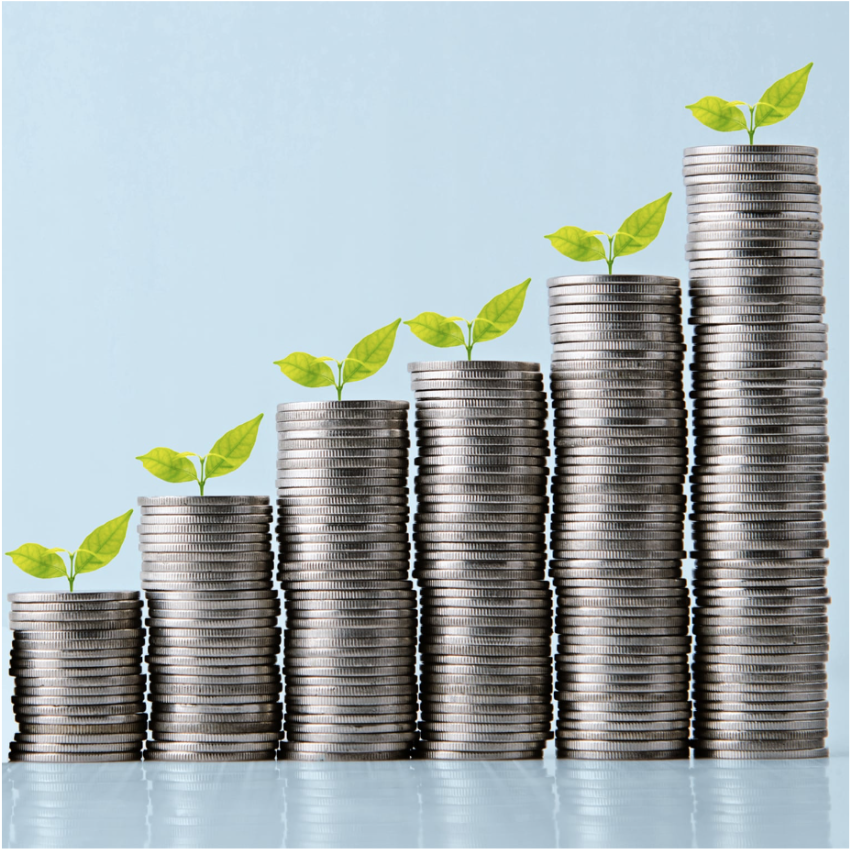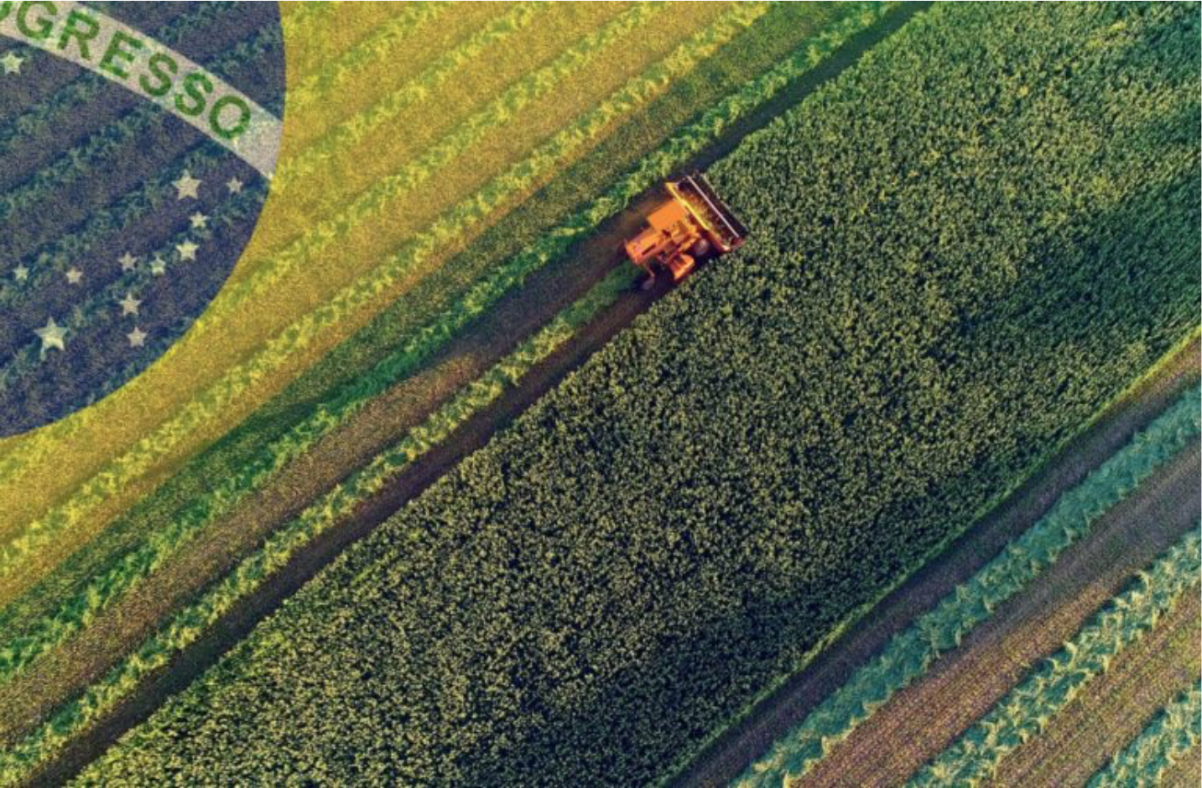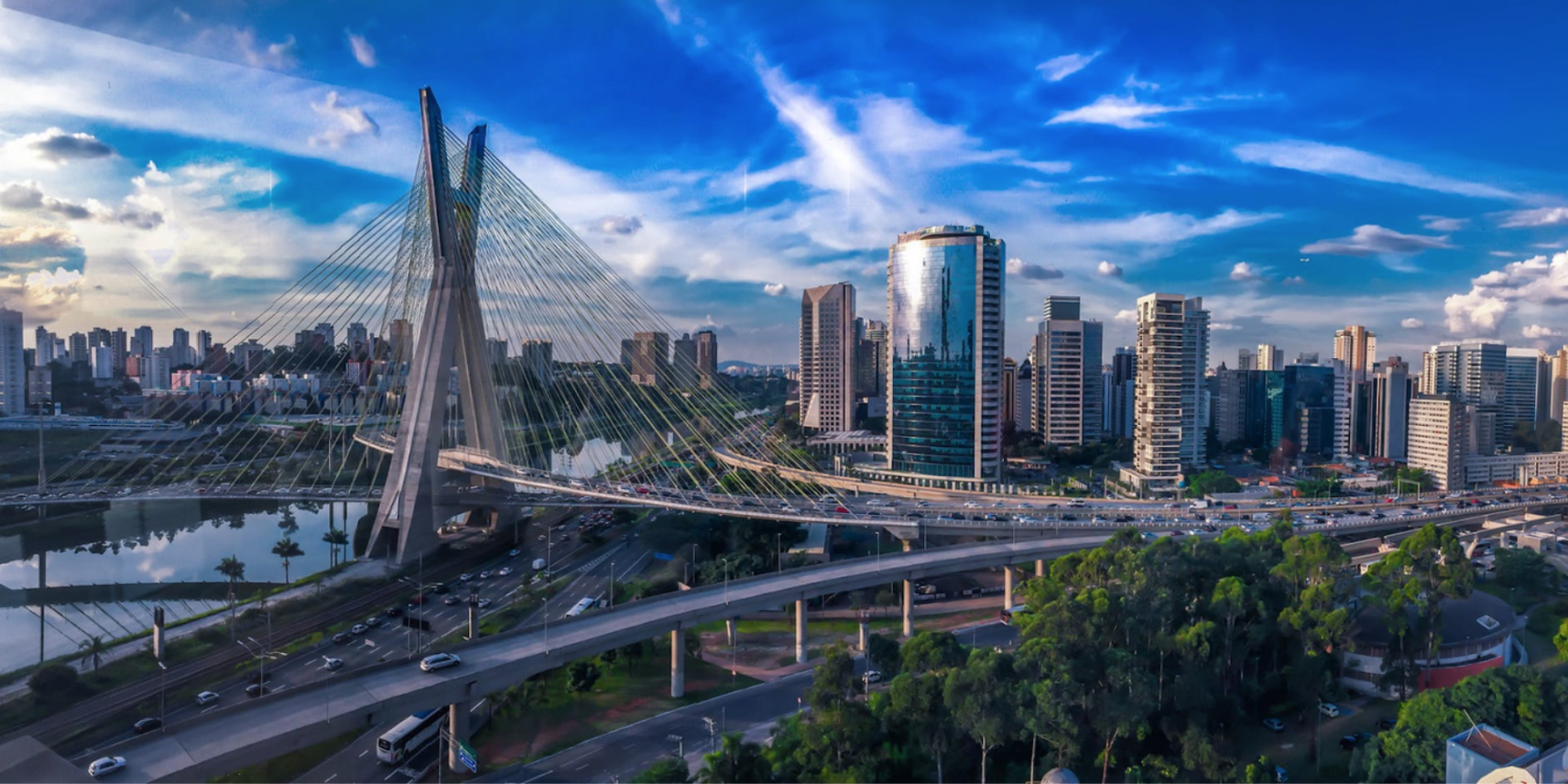Science in Style: Brazil as an Emerging Market
Source: thestreet.com
Brazil, the largest and most populated country in South America, has started to ascend the global stage as an emerging market. This nation has vast lands, diverse ecosystems, a rich culture, and is of talk recently due to how considerably it has transformed over the decades. Brazil has evolved in political, societal, and economic landscapes and has been one of the prime examples of an emerging market in the 21st century. Brazil has confronted many economic and social challenges through the years, demonstrating its ability to adapt. Its transformation has been through macroeconomic reforms, shifts in its societal structure, and diversification of its industries. So what factors have propelled Brazil to be in its current status of a flourishing emerging market?
Source: mckinsey.com
Brazil's economic journey from volatility to stability shows a remarkable transformation that has defined its emergence as a prominent player in the world economically. Historically, the nation grappled with high inflation rates and currency instability, creating many challenges for domestic businesses and foreign investors. The unpredictability of the economic landscape deterred many from exploring Brazil and what it had to offer.
A turning point occurred over the past few decades as Brazil started to address these challenges. The government's unwavering commitment to implementing market-friendly policies and undertaking economic reforms stands as a pivotal force behind this shift. The government hopes to create an environment where businesses can thrive and make large profits, and investors can allocate their resources confidently.
An example of a pivotal turning point in Brazil was the introduction of the Plano Real in 1994. The Plano Real was a comprehensive economic stabilization plan that decisively tamed hyperinflation and created a period of relative stability. The Plano Real created confidence within Brazil and a newfound confidence among businesses and consumers.
Subsequent governments have continued this trend of stability and economic growth. Their dedication to controlling inflation and ensuring a stable currency has not only boosted Brazil's reputation as a reliable market but has also positioned it as an attractive destination for foreign investment. As international investors recognized the country's newfound stability, they started to pour resources into Brazil. With inflation under control and a stable currency, Brazil has witnessed a significant surge in foreign investment across various sectors, including manufacturing, infrastructure development, technology, and renewable energy. These investments have played a vital role in boosting the nation's economic growth, creating jobs, and increasing its international competitiveness.
Source: vox.com
Over the last few decades, Brazil has made substantial strides in reducing poverty levels and creating a middle class that reshapes the country's economic and social landscape. Millions of Brazilians have been on a journey toward a better quality of life through increased access to education, improved healthcare, and an array of economic opportunities. This transformation has resulted in substantial increases in their incomes, lifting much of the population out of poverty and into a larger middle class.
The formation of a middle class has brought a series of benefits. In addition to improved living standards, Brazilians now have greater purchasing power. They can afford more than just the basics; they have the means to access a wide array of products and services, everything from consumer goods to healthcare, education, and entertainment. This surge in consumer demand has ignited a wave of innovation due to a higher demand for products.
Domestic businesses have been quick to adapt to this, creating products and services tailored to the new middle class. This includes affordable housing solutions and modern education options to accessible healthcare and consumer technologies. International companies have also seized opportunities in Brazil. They've entered the Brazilian landscape, offering a diverse range of products and services.
Source: worldatlas.com
Brazil has a large abundance of water resources that play a pivotal role in various industries, from agriculture to energy production. Brazil's water wealth stems from its expansive river systems, with the Amazon and Paraná rivers standing out as two of the most significant. For decades, Brazil has successfully harnessed the immense power of these rivers for hydroelectric power generation, providing a stable supply of electricity for the nation's rapidly growing industries and urban centers.
The Amazon River is the world's largest river by discharge volume, accounting for roughly 20% of the world's freshwater. It traverses through the heart of Brazil, serving as a crucial source of sustenance for a vast array of ecosystems, and its waterways are invaluable for transport and trade. It has allowed Brazil to establish a marked portfolio of hydroelectric power plants, reinforcing its energy security and contributing to its status as an emerging economic powerhouse.
Brazil's mineral wealth is equally noteworthy, with the country being a major exporter of iron ore, bauxite, and other minerals. These resources have played a pivotal role in supporting the global manufacturing industry, making Brazil an essential player in the global supply chain. Brazil's extensive forests are also a source of invaluable natural capital. The Amazon Rainforest, the world's largest tropical rainforest, is known for its incredible biodiversity, acting as a vital carbon sink that helps mitigate climate change.
Source: agfundernews.com
Brazil also has vast expanses of arable land that provide the bedrock for its agricultural supremacy. The country's territory encompasses an immense area that is eminently suitable for cultivation. The diverse climates and soil types of Brazil permit the cultivation of many different crops and livestock.
The agricultural sector has experienced significant technological advancements too, marked by the adoption of modern farming practices that boost productivity and enhance global competitiveness. An example is the widespread adoption of no-till farming, a conservationist technique that minimizes soil disturbance, reduces erosion, and conserves moisture, all while enhancing yields.
Genetically modified crops have also played a pivotal role in Brazil's agricultural success. The country is a global leader in cultivating GM crops like soybeans, maize, and cotton. These crops are engineered for improved pest resistance and herbicide tolerance, resulting in higher yields and greater agricultural efficiency. The adoption of GM crops has not only augmented agricultural production but also contributed to sustainability by reducing the need for chemical inputs.
As the global population continues to grow, ensuring food security becomes an increasingly pressing concern. Brazil's agricultural prowess has taken on an even more significant role in addressing this challenge. With its vast production capabilities and export-oriented mindset, Brazil contributes significantly to global food production and trade. The nation is a critical supplier of commodities like soybeans, coffee, and sugarcane, which form the bedrock of the world's food supply chain.
Source: castusglobal.com
In conclusion, Brazil's journey as an emerging market can be attributed to key factors. The country's shift from economic volatility to stability, driven by market-friendly policies and reforms, has attracted foreign investment and fostered economic growth. The rise of the middle class has increased consumer demand, leading to innovation and business opportunities. Brazil's abundant natural resources, including water, minerals, and vast forests, have supported critical industries. Additionally, its agricultural sector, characterized by modern practices and genetically modified crops, plays a crucial role in global food production and trade. These factors collectively illustrate Brazil's transformation and its growing importance on the global stage as an emerging market.
by IZZI SCHULTE





